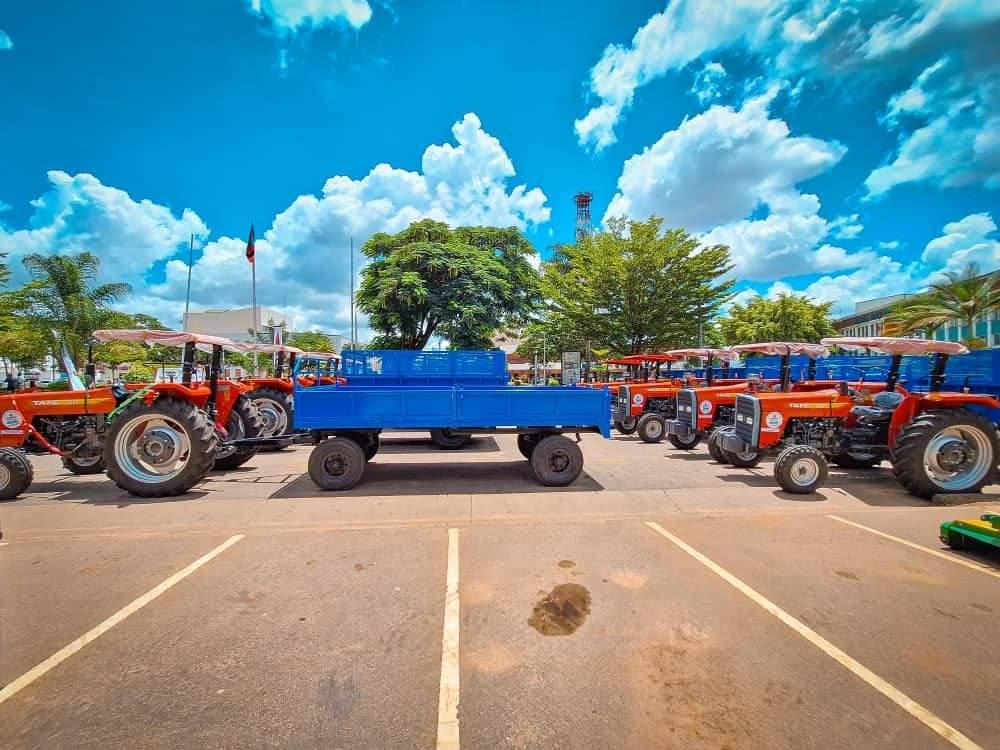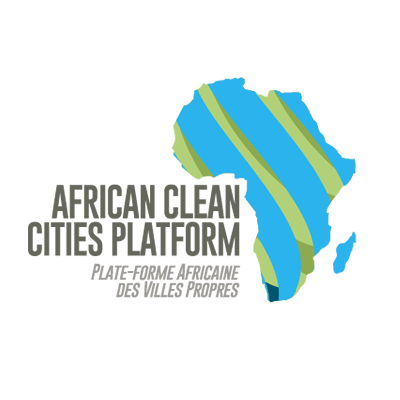Empowering Communities for Effective Solid Waste Management: Lessons and Challenges from Kitwe
![[Kitwe City Council]](/sites/default/files/2025-02/CreditsKitwe%20City%20Council%20%281%29.png)
Focal Point Information
Focal Point Name: Rodney Kachikoti Banda
Designation: Director of Public Health
Organization: Kitwe City Council
City: Kitwe
Country: Zambia

1. What are the good practices you want to share with the ACCP fellows?
The City of Kitwe assigned cooperatives and small to medium enterprises (SMEs) to collect waste from peri-urban and high-density areas. This approach was implemented to enhance community acceptance and ownership of the program. The aim is to eliminate illegal refuse dumps in communities by promoting door-to-door waste collection. Residents pay for these door-to-door waste collection services. So far, illegal dumps have been eliminated in several wards.
This initiative was further supported by the purchase of tractor trailers for community clean-up activities. The local authority utilized locally generated funds for this purpose.

Additionally, the city conducted a waste characterization using the Waste Wise Cities Tool (WaCT) with support from UN-Habitat and its partners to establish baseline data on solid waste management services. The results revealed that the city generates 844 tonnes of waste daily, with a collection efficiency of only 25% and a recovery rate of 2%.
Furthermore, the city received technical support in data performance management from Bloomberg Philanthropies, which enabled the use of data to set and track targets. These targets include eliminating illegal dumps in communities, conducting enforcement patrols against illegal dumping, and organizing focus group discussions to sensitize residents on proper waste management practices. Data is collected, analyzed, and used to allocate resources effectively.
Under the Youth Climate Action Fund (YCAF) from Bloomberg Philanthropies, the city received USD 50,000, of which USD 40,000 was disbursed to youth projects, and USD 10,000 was allocated for administrative costs. Projects implemented include producing stock feed from organic waste using black soldier flies, buying and reselling recyclable materials, and waste collection initiatives.
2. What are the challenges in MSWM your city is facing today?
The city faces the following challenges:
- Inadequate solid waste management equipment.
- A limited disposal site without a weighbridge or fencing.
- Lack of formalization of waste pickers.
- Insufficient office equipment.
- Inadequate utility vehicles for field monitoring.
We request ACCP members to provide solutions or suggest funding opportunities to address these challenges.
We also strongly recommend that cities that have not yet joined the Africa Clean Cities Platform (ACCP) do so, as it offers significant benefits to its members.
3. Share your message to other members as a member of the same ACCP.
We encourage ACCP members to actively involve their communities in designing and implementing solid waste management programs. The success of community interventions heavily relies on meaningful community engagement.
